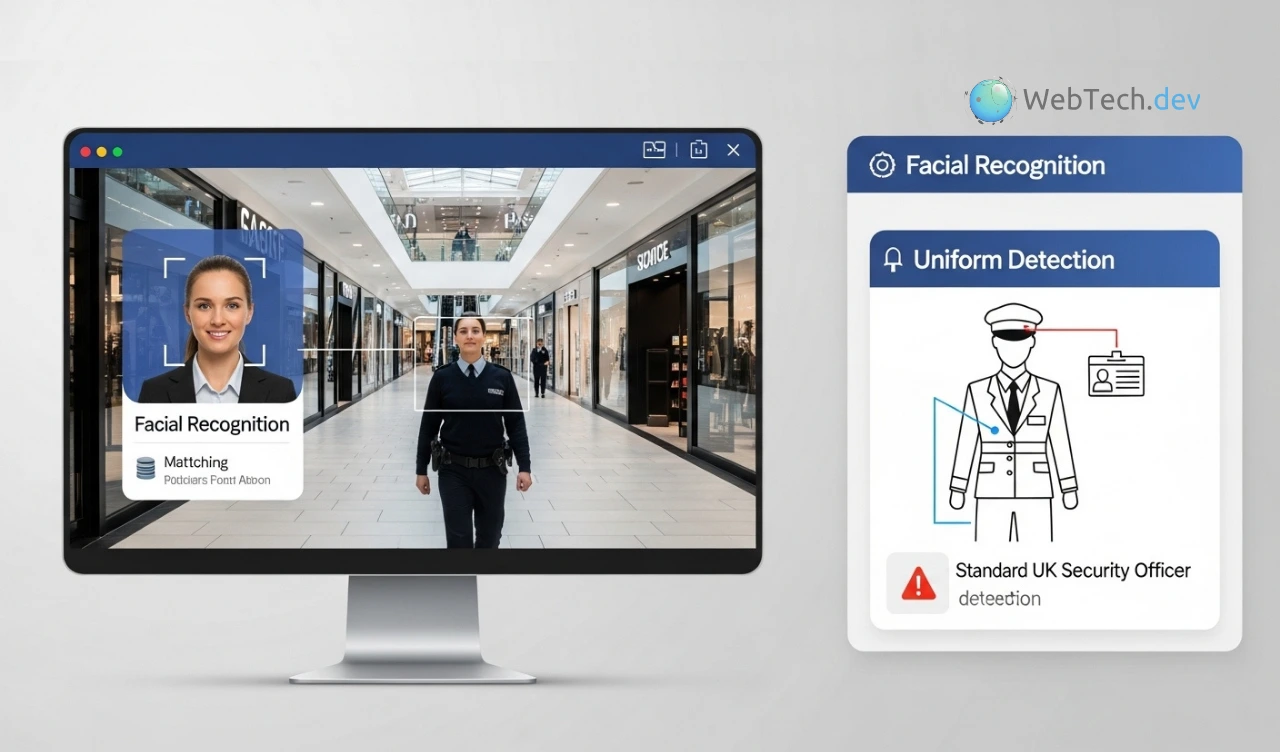Artificial Intelligence (AI) is no longer a futuristic concept—it's a present reality, reshaping industries across the globe. In the UK, AI's impact is becoming particularly significant in the software development sector, where it's driving innovation, increasing efficiency, and opening new avenues for business growth. As AI continues to evolve, UK businesses need to stay ahead of the curve to fully leverage its potential. Here's what UK companies should prepare for as AI becomes more integrated into software development.
1. AI-Driven Development Tools
The future of software development will be increasingly characterized by AI-driven tools. These tools are designed to enhance productivity by automating repetitive tasks, optimizing code, and even generating new code based on minimal input from developers. For UK businesses, adopting these tools means significantly reducing the time and resources needed for software projects. Companies like DeepCode, an AI-powered code review tool, and GitHub Copilot, an AI pair programmer, are examples of how AI is already transforming coding practices.
What to Prepare For: Businesses should invest in AI-driven development platforms and train their teams to use these tools effectively. By doing so, they can speed up development cycles and reduce human error in coding.
2. AI in Project Management
AI is poised to revolutionize project management within software development. With AI, project managers can better predict project timelines, identify potential risks, and allocate resources more efficiently. AI can analyze vast amounts of data from past projects to forecast outcomes, helping managers make more informed decisions.
What to Prepare For: UK businesses should explore AI-powered project management tools that integrate with their existing systems. These tools can provide predictive analytics, automate task assignments, and monitor project health in real time, enabling more agile and responsive project management.
3. Enhanced Cybersecurity
As software becomes more sophisticated, so too do cyber threats. AI is increasingly being used to develop advanced cybersecurity measures that can detect and respond to threats faster than traditional methods. AI systems can monitor network traffic for unusual patterns, flagging potential security breaches before they occur.
What to Prepare For: Companies should prioritize AI-driven cybersecurity solutions. By integrating AI into their security infrastructure, businesses can better protect sensitive data and maintain customer trust, which is particularly crucial in light of stringent regulations like the UK’s Data Protection Act.
4. AI-Enabled Personalization
In the consumer-facing side of software development, AI is driving unprecedented levels of personalization. Whether it's through personalized marketing, customer service, or user experience, AI allows businesses to tailor their software solutions to individual customer needs in real-time. This level of customization can significantly enhance user engagement and satisfaction.
What to Prepare For: UK businesses should focus on developing AI capabilities that allow for real-time personalization in their software products. This could involve integrating AI into customer relationship management (CRM) systems or using AI to analyze user behavior and adjust interfaces accordingly.
5. Ethical AI and Regulatory Compliance
As AI becomes more pervasive, ethical considerations and regulatory compliance will become increasingly important. Issues such as bias in AI algorithms, data privacy, and the transparency of AI decision-making processes are already drawing attention from regulators and the public alike. In the UK, businesses must ensure that their AI systems comply with legal standards and ethical norms to avoid potential pitfalls.
What to Prepare For: Companies should establish clear ethical guidelines for AI development and use. This includes conducting regular audits of AI systems to detect and mitigate bias, ensuring transparency in AI-driven decisions, and staying up-to-date with evolving UK regulations regarding AI.
6. The Role of AI in Innovation
AI is not just about improving existing processes—it's a catalyst for innovation. AI can help businesses explore new product ideas, optimize business processes, and create entirely new business models. For UK software developers, this means that AI will play a critical role in driving the next wave of technological innovation.
What to Prepare For: Businesses should foster a culture of innovation where AI is seen as a tool for exploring new possibilities. This might involve creating dedicated AI research and development teams or partnering with AI startups to co-develop new technologies.
7. Upskilling the Workforce
The rise of AI in software development means that the skills required for success in this field are changing. While AI can automate many tasks, there will still be a strong demand for human expertise in areas like AI ethics, complex problem-solving, and the creative aspects of software design.
What to Prepare For: UK businesses should invest in upskilling their workforce, focusing on AI literacy, data science, and advanced software development skills. This can be achieved through training programs, partnerships with educational institutions, or on-the-job learning opportunities.





